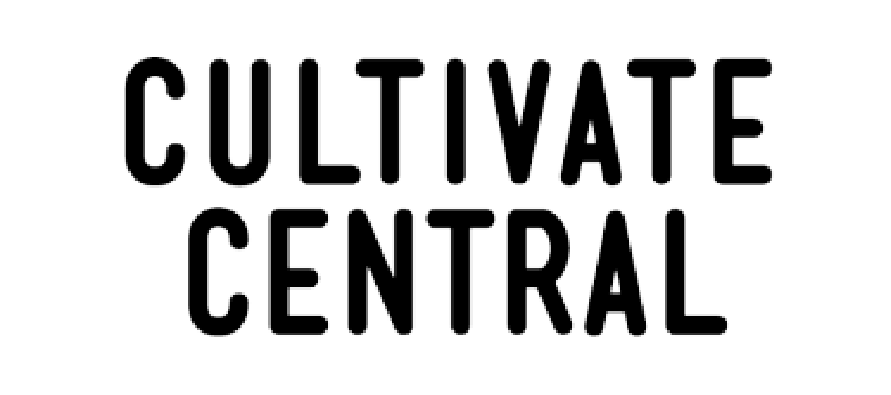
- Aug 09, 2014
- Raidah Idil
How to make ethical food choices
Knowing the story of your food is an important step in making healthy food choices. By knowing where your food comes from, you're better able to read labels and avoid GMO products. But what about ethical food choices? By doing your research, healthy food choices can also be very ethical.
When it comes to buying eggs, most supermarkets offer a large range. Choosing the best eggs is a process of elimination – avoid cheap cage-raised eggs and choose free-range/organic eggs instead. Cage-raised eggs may be the cheapest, but these chickens live under terrible conditions. In addition to that, as www.ethicalfoods.com states, "a study by researchers at Johns Hopkins University and Arizona State University found that conventionally raised chickens contained residues of antidepressants, pain killers, antibiotics and caffeine, among other things." Organic and free-range chickens, on the other hand, have happier lives, run free as nature intended, and have much healthier diets. This translates to healthier eggs which you and your family benefit from. Is the price difference worth it? Absolutely. Like many families in Malaysia, my family and I purchase kampung eggs, which is a great, affordable and ethical option.
Meat consumption remains a hot topic. I do enjoy my beef rendang and chicken noodle soup, so I'm not advocating for a meat-free diet. I do support eating less meat, though, as a way of reducing our carbon footprint . Meatless Monday is an international movement which encourages everyone to reduce their meat intake by 15%, improving our health and the planet's. Your body and the Earth will thank you!
What about seafood? We've all heard about the benefits of eating fish, but like the meat industry, there are ethical minefields in the fishing industry. As stated in the Save Our Seafood website, "Around 85% of global fish stocks are over-exploited, depleted, fully exploited or in recovery from exploitation. In the last 40 years, fishery resources in Malaysian waters had declined significantly from 2.56 tonnes per sq km in 1971 to only 0.21 tonnes per sq km in 2007." Save Our Seafood gives us invaluable information about which types of seafood are in the green category (sustainable e.g. salmon ), the yellow category (at risk of becoming unsustainable e.g. blue swimming crab), or the red category (unsustainable e.g. shark).
Tips on Ethical Food Choices
- Choose local produce instead of relying on imported goods.
- Choose sustainably caught seafood from local fishmarkets.
- Choose organic and free-range eggs.
- Consume grass-fed meat .
To keep it simple, before deciding which kinds of eggs, meat or fish to buy, try asking yourself these three questions:
- How was this animal fed? (Grass-fed versus antibiotics and/or GMO feed)
- What was the quality of of its life? (Did it roam free or live its whole life trapped in a small cage?)
- How was it caught? (Sustainably or otherwise)
With these questions in mind, your weekly grocery shopping will be much more connected to the story of your food. Here’s to ethical food choices!
References:
How To Choose The Best Eggs
Meatless Monday
Carbon footprint
Save Our Seafood
New to Cultivate Central? Click here to read our manifesto
If you are thinking about starting your own food garden and need a constant supply of ideas and tips, follow us on our facebook page. Thanks for dropping by!

Raidah Idil
I am a freelance writer, editor, poet, student counsellor and a Permaculture Design Consultant. I am new to Permaculture and look forward to sharing my experiences about growing food in the city.
Features
From Community Farming to Community Research
Enter the Goodman Community Farm — a community space for ageing well.Since 2019, Cultivate Central and the Goodman Arts Centre have nurtured...
Cultivating Change EP #12: Discovering Regenerative Farming with the Orang Asli in Malaysia
What does it take to rebuild livelihoods, restore soil, and shift mindsets? EP #12: Discovering Regenerative Farming with the Orang As...
